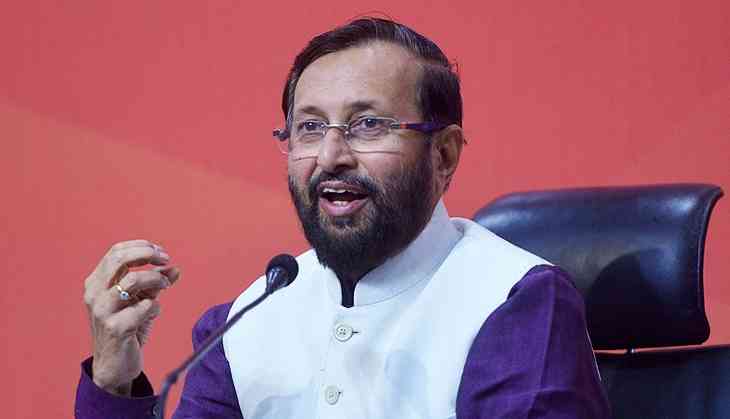Research councils rejoice as HRD ministry opposes PMO idea to club them

A review undertaken by the Prime Minister's Office and the NITI Aayog had recommended merging the councils of historical and philosophical research with the Indian Council of Social Science Research (ICSSR). However, the Ministry of Human Resource Development has opposed the idea, and the concerned institutions have welcomed the ministry's move.
The ministry has also opposed the NITI Aayog's alternative suggestion to merge the Indian Council of Historical Research (ICHR) and the Indian Council of Philosophical Research (ICPR) with the Jawaharlal Nehru University (JNU).
According to a report in the Indian Express, the HRD ministry feels that the mandate of the three councils is different, and their merger might dilute the specific purpose for which each autonomous organisation was originally established. The ministry has decided to communicate its reservations to the PMO and NITI Aayog.
Councils breathe easier
All three councils have fully agreed with the HRD ministry's objections to the merger. The institutes had earlier expressed their concerns to the ministry.
Mercy Helen, director of ICPR, told Catch: “We had sent our justifications against the earlier recommendations to the HRD ministry to retain the identity of our institution. ICPR was established in 1981 with a great purpose, to create a council exclusively in philosophy. Each of these institutes has its own objectives and its own study domain. Philosophy is not history, it is not social science. Philosophy is philosophy. We cannot even entertain the idea of a merger.”
Former member secretary of ICSSR, Ramesh Dadhich questioned the politics behind the move in the first place. He told Catch: “This recommendation was absolutely a political move. These institutions give rise to liberal ideas and a liberal way of thinking. The ruling party sees these institutions as left-wing. The move seems like one to cut down the political wings of dissenting intellectuals. I am glad the HRD ministry is taking a stand, but I do not know if the objection will hold up if the RSS is behind the decision in the Prime Minister's Office or NITI Aayog. Even apart from the politics behind the decision, on a functioning level, it was a horrible recommendation.”
An ICHR official told Catch: “We have been opposing the recommendation since we heard of the move in the media. Each of these institutions has been created with a purpose and is of different domains, it will only ruin these institutions. If you club different institutes that have absolutely different domains, it curbs their independence and autonomy. We fully agree with the HRD ministry's opposition. However, we do not know what the HRD ministry is actually going to do. They haven't officially made any statement yet.”
Other controversies
Last month, the merger was recommended after a review covered 114 autonomous bodies across seven ministries and departments. Forty-two of the 114 institutions had been recommended for “reduction”, by either being shut down entirely or being merged with other entities, or being reorganised under a common blanket, or being corporatised.
Apart from the push back from the institutes recommended for mergers, the recommendations also saw a political controversy in some states.
The review had recommended that the Central Institute of Classical Tamil (CICT) be merged with the Central Institute of Indian Languages in Mysuru. The Tamil Nadu Assembly took up the matter and the Opposition demanded a resolution against any attempt at a merger. DMK legislators alleged that the move was part of the BJP government's agenda to assert the Centre's supremacy over Tamil language and identity.
The HRD ministry has since stepped in to get the Centre to pull back the recommendation.
First published: 17 July 2017, 22:03 IST

